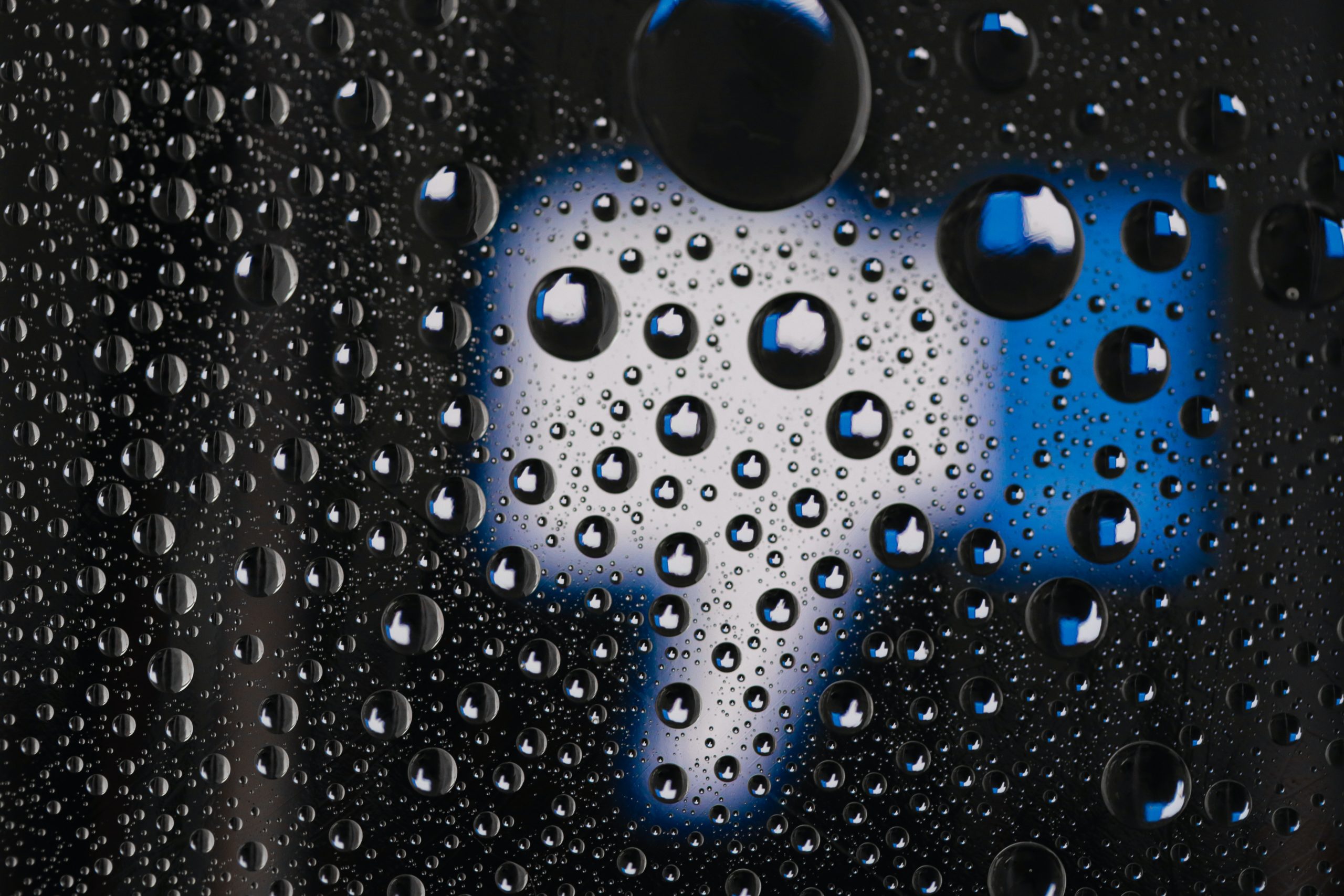Pandemic-related limitations in the campaigning regarding the May 2022 elections will intensify the role of social media. 90% of the Filipino population is active on social media, with 81% using Facebook. In addition, according to a 2017 study, the trust in social media among people with internet access is very high. However, not only Facebook’s news feeds are used to spread disinformation, but also private messaging functions, such as WhatsApp. Already during the 2016 election campaign, Rodrigo Duterte with the help of his social media manager Nic Gabunada established an army of “trolls” to spread disinformation and hate speech. Such online trolls are paid and impersonate real people.
To examine Facebook’s impact on human rights in the Philippines, META -the parent company of Facebook- hired the research institute Article One. The results show that the platform is responsible for increasing human rights risks in the Philippines. In particular, the study highlights the spread of political disinformation and thus the influence on voters. To address this, META established a working group to focus on risk mitigation and prepare for the upcoming elections. 21% of respondents experienced online harassment. Almost half of these cases refer to “doxing” (the practice of publicizing personal information to defame a victim). Threats of violence, murder and rape were also reported. Particularly the following groups were targeted for harassment: Journalists, government critics, human rights defenders, alleged drug users, the Chinese minority, as well as the LGBTQ+ community.
On November 17, 2021, the Movement Against Disinformation (MAD) launched its work. As an alliance of lawyers, academics, civil society, and both local and international human rights groups, MAD aims to prevent the spread of disinformation and red-tagging on social media. MAD will cooperate with media organizations such as Facebook.
Other online media outlets are also preparing to respond to the Philippine online election campaign. For example, Google decided not to allow political ads during the campaign period. The Philippine Commission on Elections (Comlec) and the election watchdog Kontra Daya welcome this decision. On December 9, 2021, YouTube set up another information panel on “Martial Law in the Philippines.” When watching videos, users are now also provided with additional context information from third-party sources such as Wikipedia.

